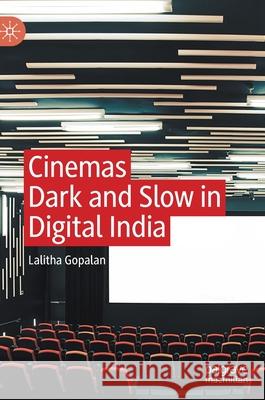Cinemas Dark and Slow in Digital India » książka
topmenu
Cinemas Dark and Slow in Digital India
ISBN-13: 9783030540951 / Angielski / Twarda / 2021 / 464 str.
Cinemas Dark and Slow in Digital India
ISBN-13: 9783030540951 / Angielski / Twarda / 2021 / 464 str.
cena 442,79
(netto: 421,70 VAT: 5%)
Najniższa cena z 30 dni: 424,07
(netto: 421,70 VAT: 5%)
Najniższa cena z 30 dni: 424,07
Termin realizacji zamówienia:
ok. 22 dni roboczych.
ok. 22 dni roboczych.
Darmowa dostawa!
Kategorie:
Kategorie BISAC:
Wydawca:
Palgrave MacMillan
Język:
Angielski
ISBN-13:
9783030540951
Rok wydania:
2021
Wydanie:
2020
Ilość stron:
464
Waga:
0.72 kg
Wymiary:
21.01 x 14.81 x 2.69
Oprawa:
Twarda
Wolumenów:
01
Dodatkowe informacje:
Wydanie ilustrowane











